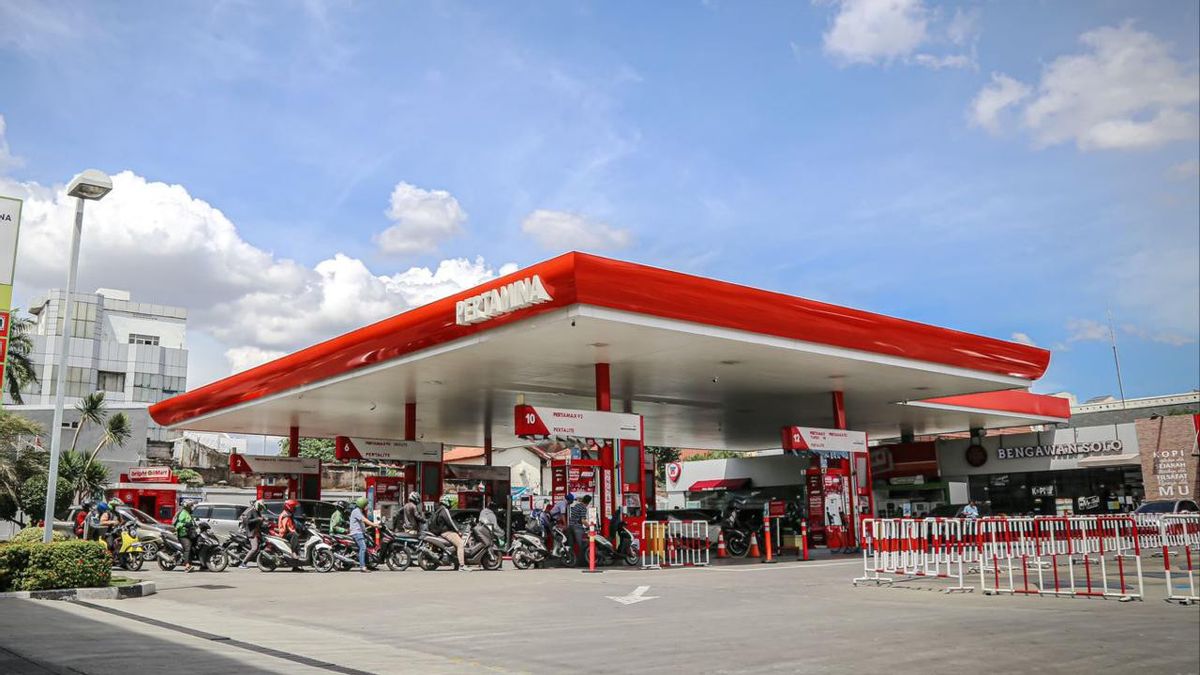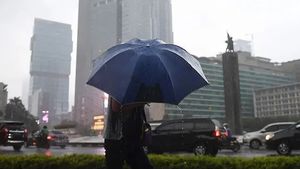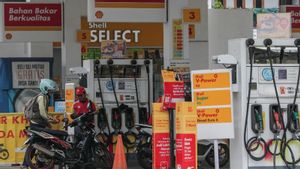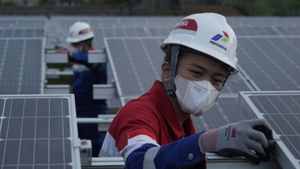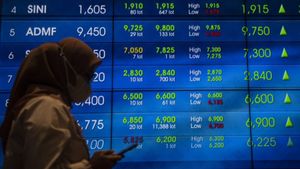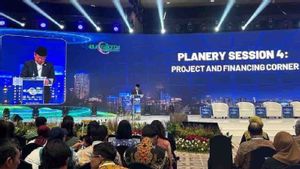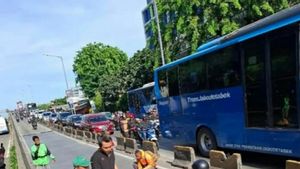JAKARTA - The government proposes to cut subsidies and fuel compensation oil (BBM) in 2025. This subsidy reform and energy compensation is projected to save a budget of IDR 67.1 trillion. This is stated in the Macro Economic Framework and the Fiscal Policy Principles (KEM & PPKF) of 2025. In the KEM & PPKF 2025 document, it is projected that subsidy transformation and energy compensation must be carried out taking into account the economic conditions and purchasing power of the community. "The main goal of subsidized transformation and energy compensation is not the efficiency of the budget, but rather encourages the role of a more equitable APBN to support sustainable development for the greatest welfare of the poor and vulnerable people," wrote the KEM & PPKF 2025 document quoted on Friday 24 May. Solar and Pertalite control which is currently below its economic price, thus giving rise to compensation that must be paid by the APBN. Moreover, the consumption volume of Solar and Pertalite continues to increase, as well as subsidized and compensated burdens and the majority enjoyed by rich households. On the other hand, air pollution sourced from vehicle exhaust gas occupies the top position of around 32-57%. Thus, the target reduction of fuel consumption of Solar and Pertalite is aimed at subsidized transformation and energy compensation in order to be more targeted, fair, optimal budget, and environmental sustainability. "Therefore, a policy is needed that can control fuel consumption. With fair consumer control, it is estimated to reduce the consumption volume of Solar and Pertalite by 17.8 million kiloliters per year," wrote the document. This subsidized and fuel compensation reform is incorporated in energy which also includes LPG 3 kilograms and the application of adjustment rates for non-subsidized electricity customers of rich households or 3,500 VA to the government class, and subsidized control over BBM Solar and Pertalite. Electrical devices with power 3500 VA over constitute an upper middle-income society. Providing to this tariff group is very contrary to the principle of the APBN distribution, so that this rate has already been tailored.
SEE ALSO:
"The tariff adjustment policy for household customers is 3,500 VA and above and this government group is relatively easy to implement, as has been done in 2022 with small and controlled social and economic impacts," the document wrote.
The English, Chinese, Japanese, Arabic, and French versions are automatically generated by the AI. So there may still be inaccuracies in translating, please always see Indonesian as our main language. (system supported by DigitalSiber.id)
